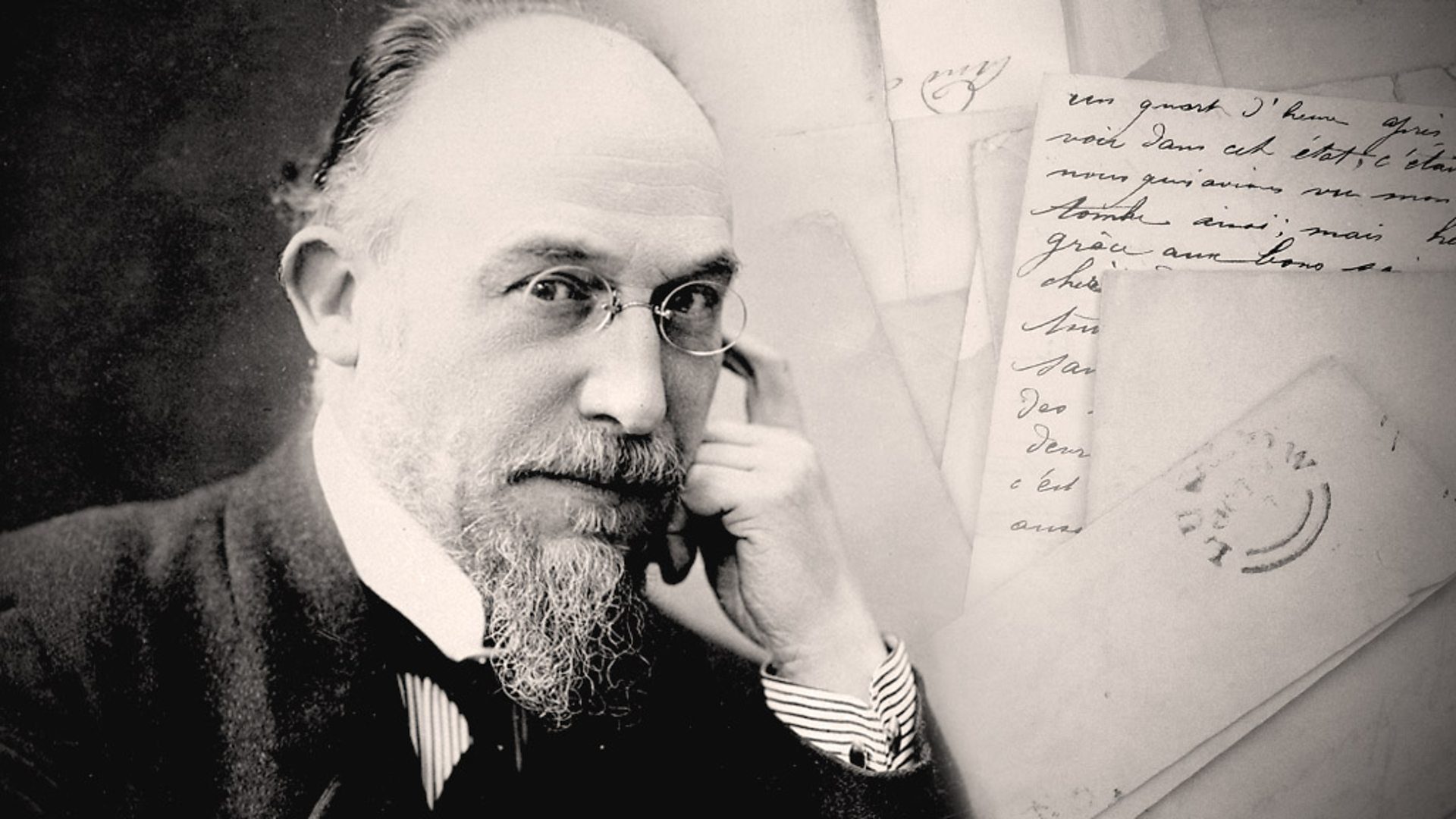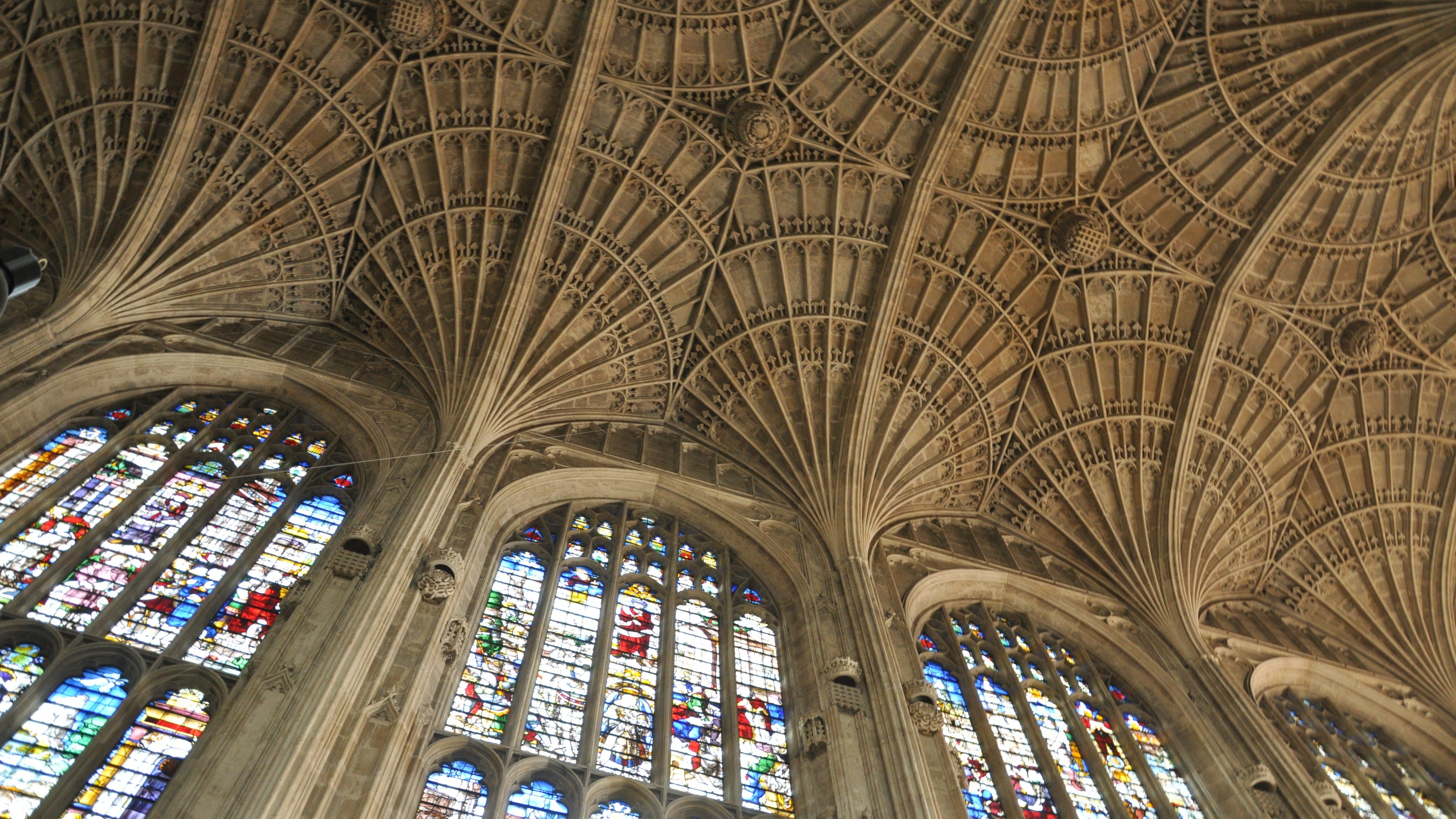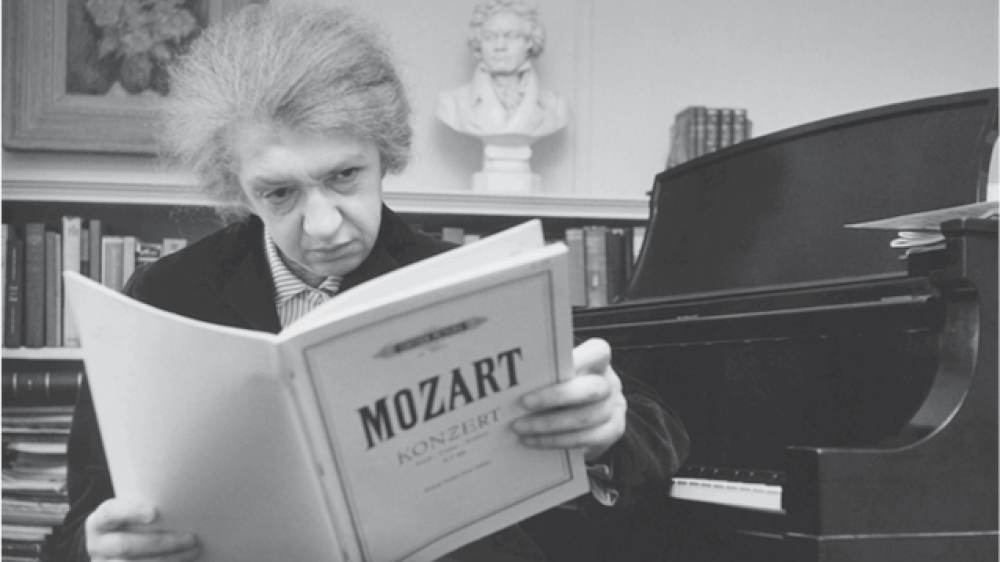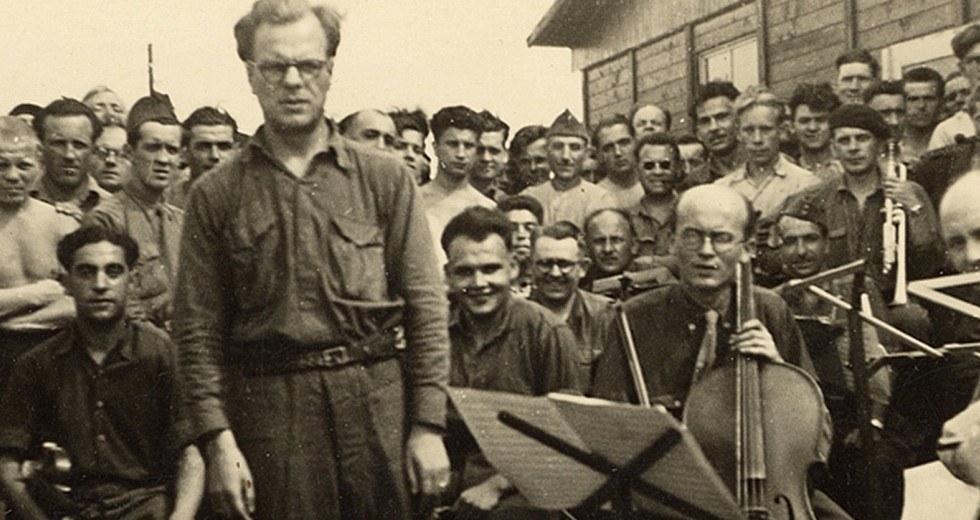Aftertones of Gymnopédie: Channeling the Spirit of Satie
Yesterday marked the 152nd anniversary of the birth of the colorfully eccentric French avant-garde composer, Erik Satie (1866-1925). Satie had a profound influence on later composers, from Debussy, Ravel, and Milhaud, to the neoclassicism of Stravinsky. Even more amazing is the way Satie’s music anticipates the minimalist and ambient styles of the late twentieth century. The three serene Gymnopédies for solo piano, completed in 1888, remain Satie’s most famous and powerfully evocative works. With sublime, …







